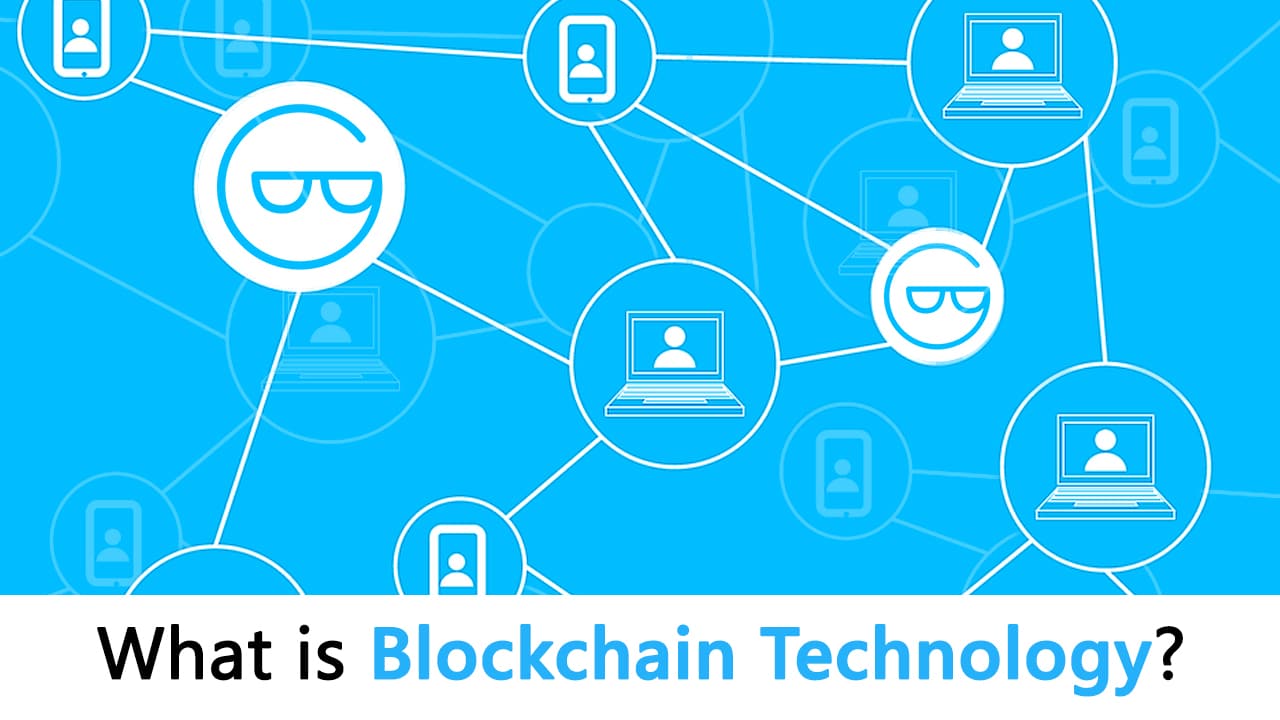
Have you ever considered how financial organizations guarantee that risk-free and safe payments between parties are? The core of this process is Payment versus. Payment (PvP) systems, which guarantee that transactions are resolved just when both parties fulfill their responsibilities.
But conventional PvP systems are sometimes beset by high costs, inefficiencies, and settlement hazards.
Now enter blockchain technology, a game-changer that will improve security, openness, and efficiency thereby transforming PvP.
This blog article will look at how blockchain may revolutionize PvP systems, therefore lowering risks and building more strong financial structures. By the end, you will be able to observe how blockchain technology could help your company and influence financial activities.
Definition of Payment vs. Payment (PvP)
In financial transactions, Payment versus. Payment (PvP) is a settlement procedure used to guarantee that the cash transfer takes place only in case both of the interested parties simultaneously satisfy their payment commitments. This approach reduces the possibility of one party failing while the other has already made transfers of the money.
Importance of PvP in Reducing Settlement Risk in Financial Transactions
Reducing settlement risks depends on PvP, which also helps to lower systematic failures and major financial losses. PvP systems protect the stability and integrity of financial markets by making sure that transactions are finalized just when both sides have fulfilled their responsibilities.
Blockchain Technology Summary

Blockchain presents a distributed, distributed ledger system with numerous computer transaction recording capability. Its main characteristics—immutability, openness, and security make it a perfect fit for improving systems of financial transactions.
Benefits of Blockchain-Based Financial Transactions
Blockchain's cryptographic character guarantees data integrity and defense against fraud.
Transparency: Every participant may observe transactions, therefore lowering the possibility of conflicts.
Blockchain cuts costs by removing middlemen and accelerates transaction times.
PvP on Blockchain
Using smart contracts to automate and guard the settlement process helps to implement PvP on blockchain. Self-executing contracts with explicitly expressed terms straight into code, smart contracts may carry out transactions once specified conditions being satisfied.
Many times depending on central authority and middlemen, traditional PvP methods cause delays and more expenses. By means of distributed networks and smart contracts, blockchain-based PvP systems provide quick, safe, and reasonably priced settlements.
Benefits of Blockchain-Based PvP
Drop in Counterparty Risks
Because blockchain-based PvP guarantees that transactions are only carried out when both sides have fulfilled their responsibilities, it greatly lowers counterparty risks. This automatic trust system lowers the possibility of defaults and replaces the necessity of middlemen.
Faster and more effectively cross-border payments
Blockchain lets almost immediate cross-border payments possible, therefore avoiding the sluggish and expensive conventional banking systems. For businesses doing international commerce, this faster speed improves liquidity and operational effectiveness.
Improved security and openness
Blockchain transactions' openness lets all participants check the specifics, therefore lowering the possible fraud and mistake risk. Furthermore protecting transaction data, the secure character of blockchain stops illegal access and manipulation. You may also read this: What is the technology behind blockchains?
Challenges and Considerations
Technical Difficulties in Applied Knowledge

Using blockchain-based PvP systems can be technically difficult and ask for large technological and knowledge-based expenditures. Companies must solve problems with scalability, interoperability, and integration with current systems.
Compliance and Regulatory Problems
Blockchain technology runs inside a fast changing regulatory scene. Companies have to negotiate different legal and regulatory issues, hence their blockchain solutions have to follow local and global rules.
Interoperability with Current Financial Systems
It is imperative to guarantee perfect integration of blockchain-based PvP systems with conventional financial architecture. Companies have to aim on developing compatible solutions capable of interacting with outdated systems.
How Kaleido Streamlines PvP with Hyperledger Technologies
With continuous technological development and growing acceptance by financial institutions, blockchain-based PvP seems to have bright future. To improve transaction analytics and security, artificial intelligence and machine learning will be combined in some capacity. By encouraging more financial inclusion, lowering transaction costs, and improving the safety and efficiency of financial markets, blockchain-based PvP systems might fundamentally change world financial environments as they get more common.
Building PvP apps on Kaleido is perfect as it offers strong and consistent blockchain infrastructure together with flexible tools and APIs for quick system development. Essential for PvP applications needing smooth integration across several platforms, our technology also provides interoperability across several blockchain networks and conventional systems.
To get an idea for how we might be able to assist with a PvP project, see the example below to see how we guarantee compliance, scalability, and security in complex DvP apps. Starting at the 37:00 mark of this webinar sponsored by the Hyperledger Foundation, our Senior Full Stack Engineer, Andrew Richardson, details the Kaleido platform's workings.
